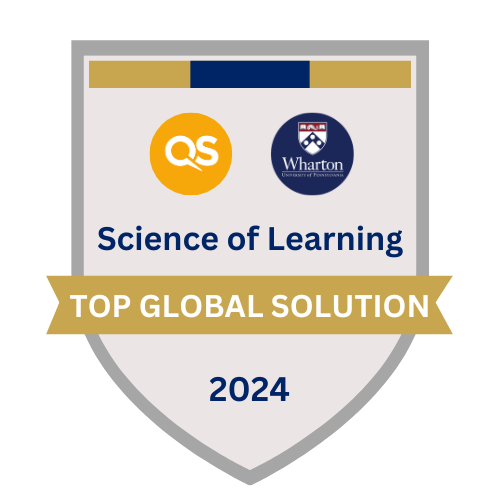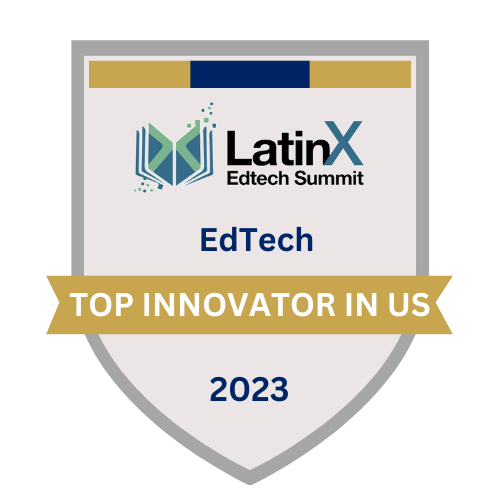COGx & UCLA Bjork Lab
Democratizing Access to Learning Success & Understanding Cognitive Diversity
May (Date:TBD)
What we know from research on human learning:
Learning is a scientific process, and for students to learn optimally they must be taught (Bjork et al., 2013). This is true regardless of cognitive abilities and disposition towards learning. Students often use ineffective techniques such as highlighting and re-reading, with limited success. Such strategies are rooted in the misconception about how they learn (Bjork & Bjork, 2011).
It is thanks to the work of neuroscientists that we better understand the brain’s ability to structurally change in response to learning (Maguire et al., 2006; Chua et al., 2009; Taya et al., 2015). We know that the brain changes constantly in response to our environment and the tasks we face (Burns, 2015; Doidge 2006). However, this reality can be a negative one if there is a learning problem that is not being addressed.
Without an intervention to interrupt negative outcomes, the past is not going to correct itself, and the future is going to be a product of this (Luchins & Luchins,1990).
Questions Addressed in the Webinar:
- Defining learning success
- How do we currently teach students to learn?
- What is the role of cognition and metacognition in learning?
- Can we develop our cognition to learn more effectively?
- What are language processing disorders, how prevalent are they and what are the risks of failing to support neuro-diverse learners?
- What can students (and their parents) do to become successful learners?
- How can parents identify the right program to support their children’s learning needs?
- What are processing skills and how do they affect reading fluency and executive function?
- What is twice exceptionality?
For more information on the UCLA Bjork Learning & Forgetting Lab: Bjork Learning and Forgetting Lab
Panelists & Moderator
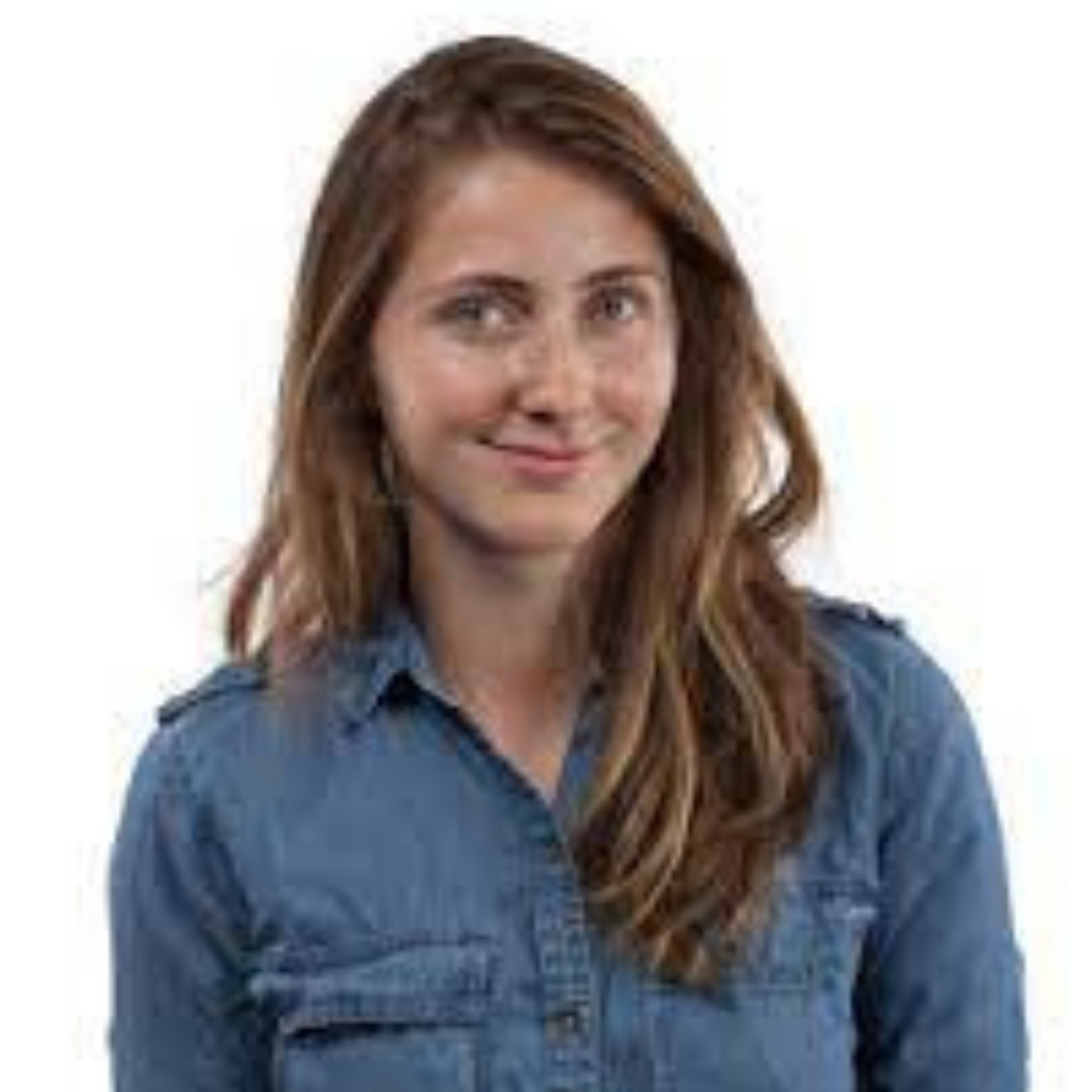
Saskia Giebl
Learning Researcher & Collaborator, UCLA Bjork Lab
Saskia is a Post-Doctoral Research Associate at Bjork Learning & Forgetting Lab, UCLA.
Saskia is interested in cognitive processes that enhance long-term learning. Specifically, she focuses on types of practice that promote effective activities and conditions for long-term learning to occur. In addition, Saskia is interested in understanding the nature and function of inhibitory processes of human memory – how inhibition helps shape what we remember and forget from the past and what we imagine in our future.
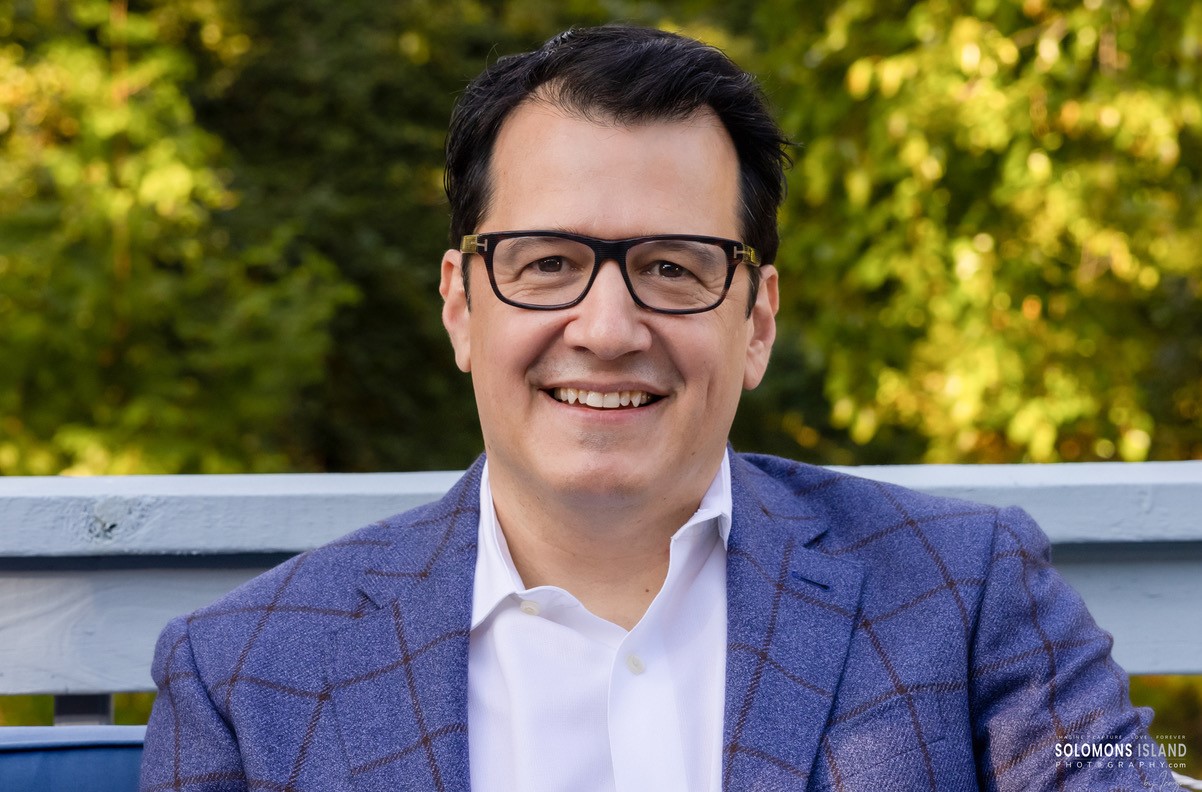
Javier Arguello
Founder & Executive Director, COGx
Javier is the Founder & Executive Director of COGx, a research and development firm in applied cognitive science. Since 2010 COGx has partnered with leading academics to translate the science of learning into programs that close the gap between teaching and learning. COGx programs democratize access to decades of research on learning science, which is translated to ensure effective application and a sustainable impact for partner organizations, which include learning centers, schools and colleges. COGx programs have been adopted in Canada, North America, Latin America, the Middle East. COGx has been recognized as a leading innovator in education and endorsed by Ministries of Education.
Education:
Javier holds an undergraduate degree from George Washington University and graduate degrees from Yale & Harvard.
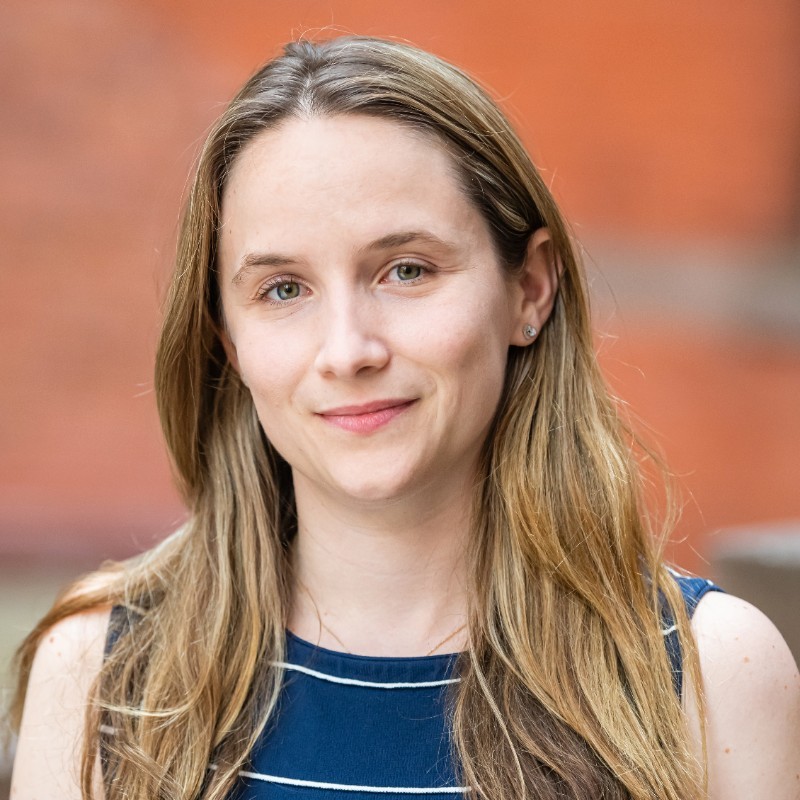
Susanna Brock
Director of Research and Development, COGx
Susanna Brock is the Director of Research and Development at COGx. She has been committed to translating findings in cognitive science into practical applications in the classroom for the last 15 years. She has worked as a mathematics teacher, science teacher, and learning specialist in middle and high schools in the New York City area. Susanna is also an adjunct professor and doctoral advisor at the Johns Hopkins School of Education. Susanna’s particular research interests include student self-efficacy and sense of belonging in mathematics, math anxiety, and the gender gap in math achievement.
Education:
Susanna earned her A.B. in History and Science from Harvard College with a certificate in Mind, Brain and Behavior studies, her M.S. in Neuroscience and Education from Teachers College Columbia University and her Ed.D. from Johns Hopkins School of Education

